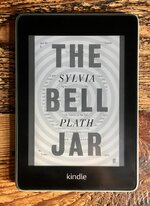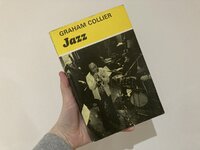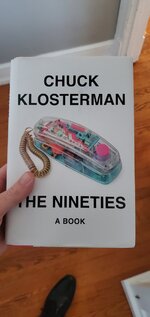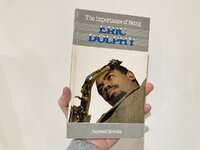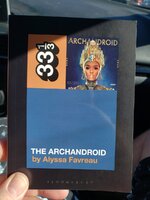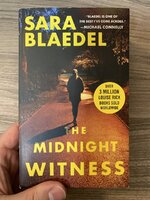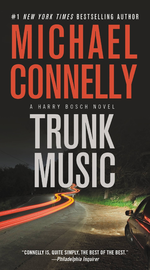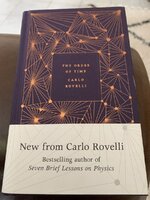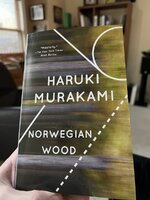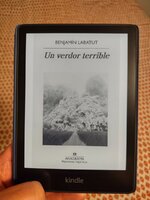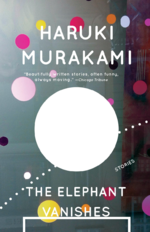I thought I'd jump on the Murakami train with all of you.
Book 11:
The Elephant Vanishes - Haruki Murakami
View attachment 132689
I've never read Murakami's short stories before, and I will definitely go back for more. I've heard criticism that a lot of his writing feels the same and that is definitely true, but I think the repetition throughout the stories in this book really added to it. If you couldn't tell by now, I am a fan of Japanese style quirky surrealism and I liked this very much.
The next book on my list is
Station Eleven which I have been meaning to pick up for a while, plus I saw that they made it into a tv show (has anyone seen it? is it good?)
